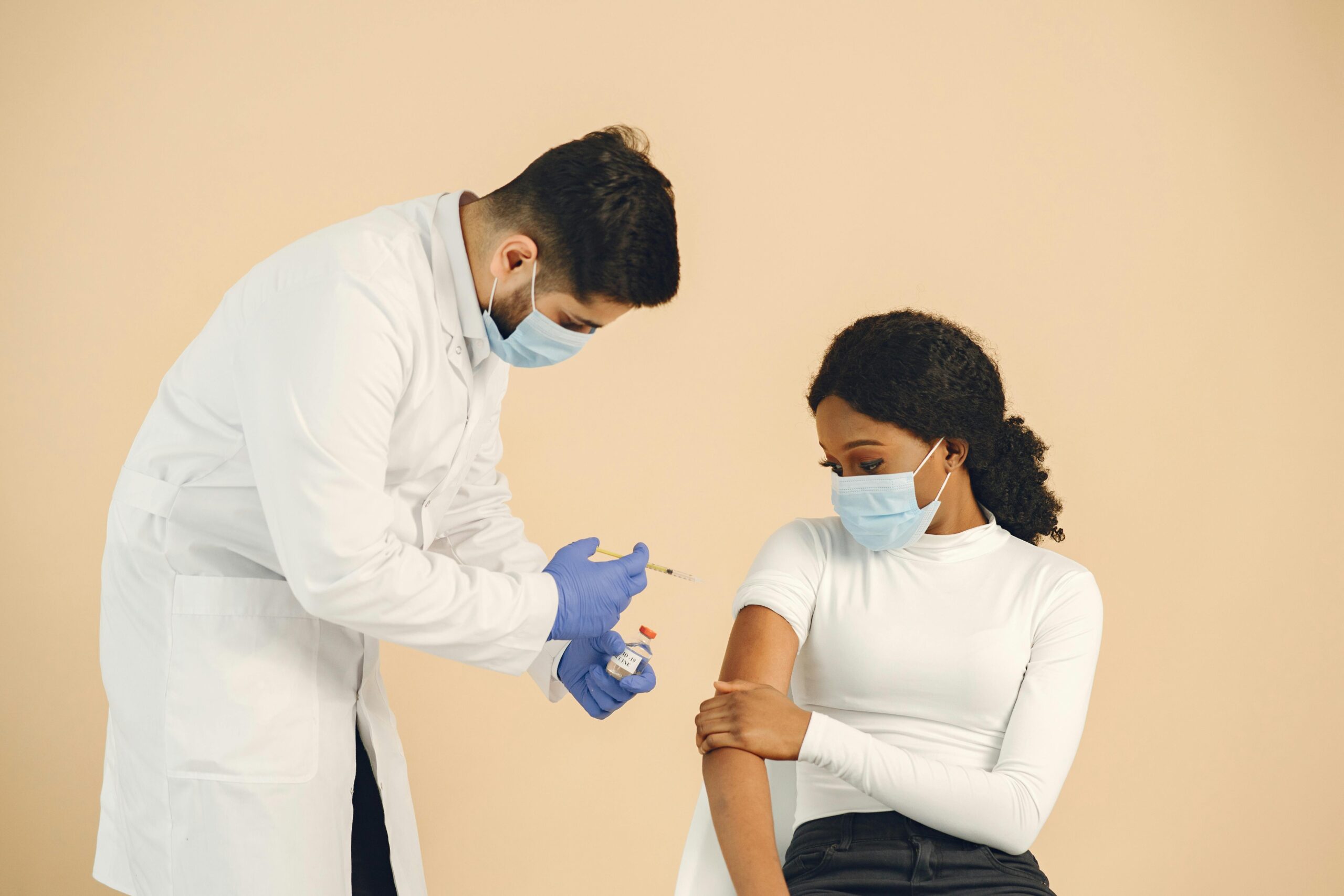
Cancer at no age is really acceptable, but it is particularly heartbreaking when it happens to a child. Research is ongoing regarding enhanced prevention and more effective treatment at the Pediatric Cancer Foundation and other similar organizations around the world right now, but they need more funding to make the future a brighter place for the suffering children in both the present and the future.
According to research, across all ages, ethnic groups and socio-economics, this disease remains the number one cause of death by disease in children. However the overall survival rate has increased from 10% fifty years ago, to 90% today. There are a number of factors for the increase, most notably in terms of medical advancement. But there are also preventative and precautionary steps people can take to try and prevent pediatric cancer from ever entering our children’s lives in the first place.
Do Not Smoke
No one in the family should smoke because there are multiple ways this increases the chances of cancer in children. Firstly, there’s the risk of passive smoking and secondly, fetuses in pregnant mothers who smoke actively or passively tend to have more chromosomal abnormalities that might lead to cancer. Aside from the direct effects of tobacco, children are more prone to take up smoking during early teens or later in their lives if they see a key figure in the family smoking from an early age.
Eat Organic
Organic food products do not have the same amount of pesticides and other trace chemicals that are often used to facilitate mass production and since a lot of the chemicals used are known carcinogens, eating organically produced food can indeed reduce the chances of developing cancer in both children and adults. Whenever it is a possibility, opt for organic, although it costs significantly more than regular food.

Incorporate Certain Kind of Foods into Your Regular Diet
Take a look at the list below and make sure that your diet consists of at least a few items from this list each time you cook a meal for your family, and especially for the children.
- Leafy greens such as collard greens, spinach, kale, and romaine
- Cruciferous vegetables like cabbage, broccoli, cauliflower, Brussels sprout, peppers, carrot, beet, artichoke, and onions
- Fruits and berries like oranges, bananas, blueberries, raspberries, strawberries, blackberries, and cherries
- A few common spices and herbs such as black pepper, turmeric, garlic, oregano, basil, parsley, and thyme
Prevent Exposure to Carcinogens
This is easier said than done and, to be honest, there is no way that anyone can be 100% certain about their environment or the things that they or their children interact with on a daily basis. Nevertheless, you can take the following precautions to make the environment as safe as possible for your toddlers.
- Before moving to a new place, get it checked for background radiation
- Make sure that household chemicals and cleaners are safe and free from carcinogenic compounds
- Whenever your child goes out into the sun for prolonged periods, ensure that they are protected by SPF sunscreen
- In case you live in a region with very high levels of pollutants in the air, use filter-masks when outside
Aside from these four points, it is important to remember that some types of cancer can be inherited as well. If you lead an unhealthy lifestyle and develop cancer later on in your life, it might leave your offspring more exposed to the chances of pediatric cancer. For more information, visit the Centers for Disease Control website.

















